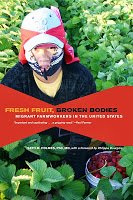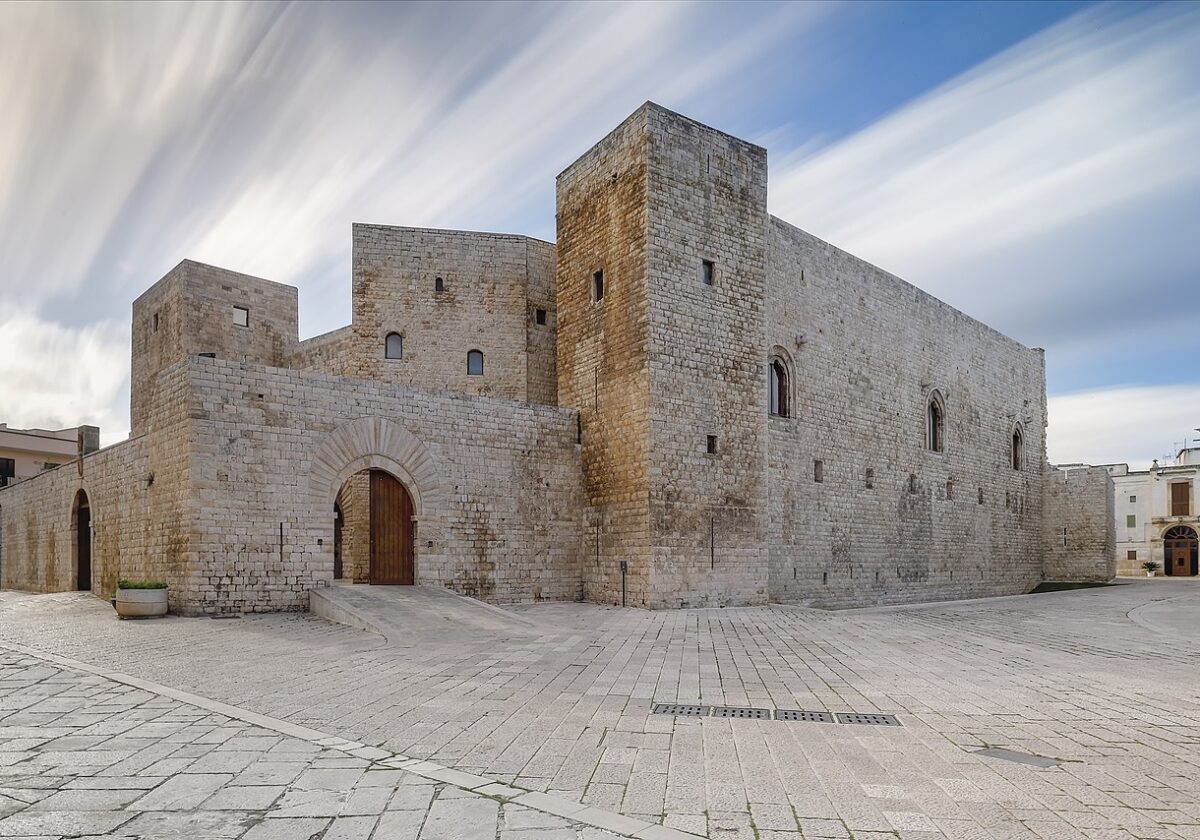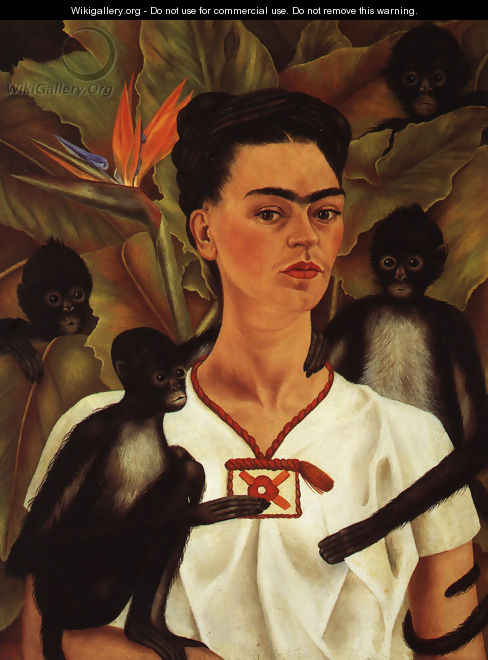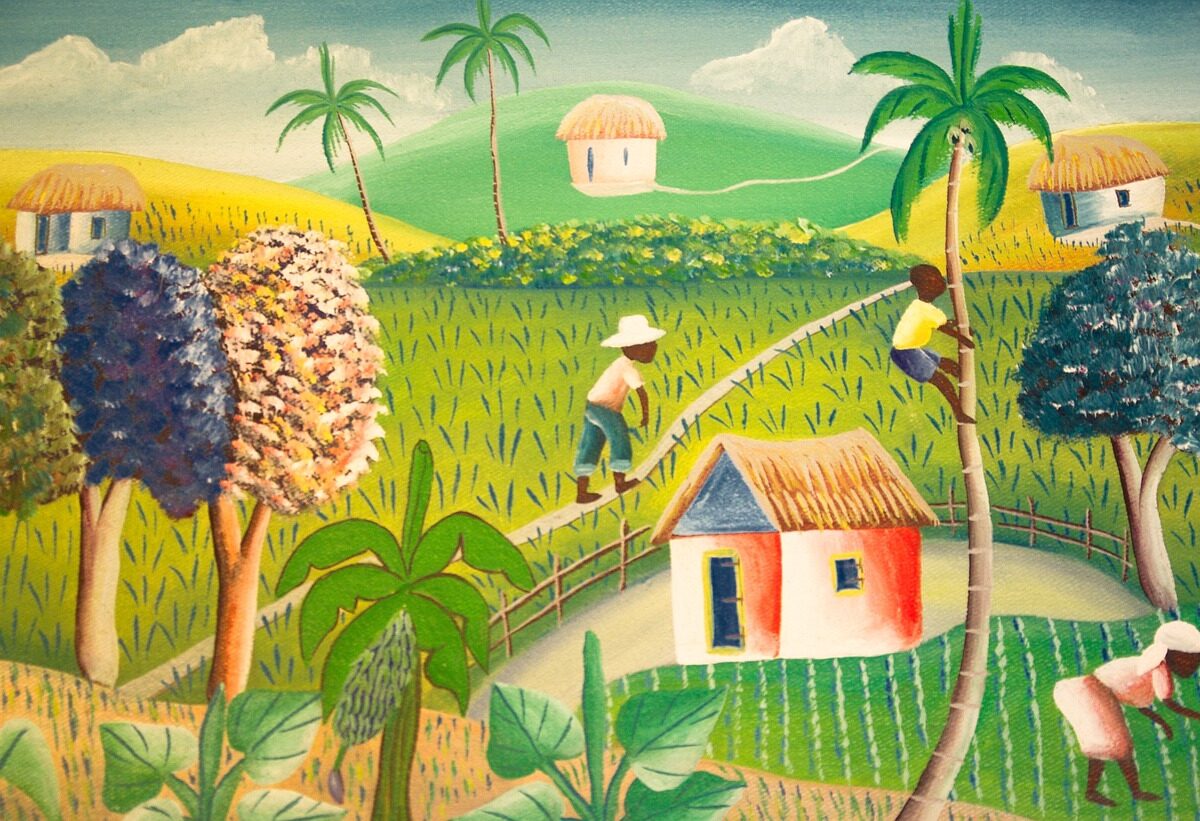I recently had an opportunity to interview Dr. Seth Holmes, an assistant professor of public health and medical anthropology at UC Berkeley, about his upcoming book Fresh Fruit, Broken Bodies: Migrant Farmworkers in the United States.
Here’s what Dr. Holmes told me:
 |
| Dr. Seth Holmes |
I would say the most interesting finding from the field research, from my perspective, was how social inequalities and health inequalities come to be taken for granted in society and in health care. For example, indigenous undocumented Mexican migrant farm workers live and work in very poor conditions and, as a result, have many related health problems.
However, their living conditions, working conditions, and health are considered normal and natural by many people in society at large and in health care due to different framings of them as deserving these conditions. Some of these framings relate to understandings of ethnic body differences, including people saying that indigenous Mexicans are perfect for picking strawberries “because they are lower to the ground”, etc.
Perhaps the most interesting part of the field work from a journalistic perspective would be the border crossing. I accompanied several undocumented Mexican men as they trekked through the border desert from Mexico into the United States. We were all apprehended by the border patrol, they were deported to Mexico and I was kept in border patrol jail for one day and then released with a fine for “entry without inspection.” During this experience, it became clear to me that the understanding of Mexican migrants as voluntarily choosing to cross the border was incorrect.
My Mexican migrant companions experienced this crossing very much as something they were forced into by large social, economic, and political structures. Thus, the common understandings of some migrants being voluntary versus forced does not hold up when it is considered in the context of the actual experience of the migrants most often categorized as voluntary.
This is important because the understanding of their crossing as voluntary can often be used to blame them for the crossing (and sometimes even to blame them subtly for their death if they die trying to cross the desert).
He received his PhD in Medical Anthropology from the University of California, Berkeley and San Francisco, and his M.D. from the University of California, San Francisco.
About Fresh Fruit, Broken Bodies:

This book is an ethnographic witness to the everyday lives and suffering of Mexican migrants. Based on 5 years of research in the field (including berry-picking and traveling with migrants back and forth from Oaxaca up the West Coast), Holmes, an anthropologist and MD in the mold of Paul Farmer and Didier Fassin, uncovers how market forces, anti-immigrant sentiment, and racism undermine health and health care.
Holmes’ material is visceral and powerful–for instance, he trekked with his informants illegally through the desert border into Arizona, where they were apprehended and jailed by the Border Patrol. After he was released from jail (and his companions were deported back to Mexico), Holmes interviewed Border Patrol agents, local residents and armed vigilantes in the borderlands. He lived with indigenous Mexican families in the mountains of Oaxaca and in farm labor camps in the United States, planted and harvested corn, picked strawberries, accompanied sick workers to clinics and hospitals, participated in healing rituals, and mourned at funerals for friends. The result is a ‘thick description’ that conveys the full measure of struggle, suffering and resilience of these farmworkers.











Osteoporosis would seem in a great many exceptional styles. The best typical method of osteoporosis is definitely arthritis, often called degenerative blank disc replica watches uk. The following would seem resulting from maturing, synovial conflict, and also joing virus. Other designs with osteoporosis involve: rheumatoid arthritis, psoriatic osteoporosis. All these breitling replica sale are believed to be auto-immune situations once our body is definitely terrorized on its own. Septic osteoporosis can come resulting from synovial virus. Gouty osteoporosis plus pseudogout will be either reaction of vitamin configuration while in the synovial, in that way resulting in soreness. Osteoporosis could show extra indications following on from the primary soreness hublot replica sale uncomfortableness to the synovial domains. A longines replica sale on its own is definitely seen as a solidity site. To get alternative styles of osteoporosis that happen to be autoimmune around design, people may practical experience throwing up with significant body parts for example lung area, soul, and also kidneys. In general, taking on a synovial uncomfortableness is a a lot of tricky element this omega replica uk people will be interested so that you can endure by using. It may possibly establish disabling, mainly if anyone is in whose design with deliver the results incorporates consistent traveling.
小方1117
miami dolphins
true religion jeans
mulberry outlet online
toms outlet
ghd hair straighteners
ralph lauren
snow boots outlet
mizuno shoes
black friday
uggs outlet
the north face
seattle seahawks
golden state warriors
mont blanc
nfl jerseys wholesale
michael kors outlet online
moncler jackets
tory burch sandals
ugg outlet
arizona cardinals
chicago blackhawks
nba jerseys wholesale
roshe run women
longchamp bags
atlanta falcons
football shirts uk,soccer jerseys uk,cheap soccer jerseys uk
barbour uk
kansas city chiefs
coach outlet store
philadelphia eagles
true religion outlet
true religion jeans
true religion jeans
true religion jeans outlet
true religion outlet
true religion jeans
true religion jeans
true religion canada
true religion outlet
true religion jeans
toms outlet
toms outlet store
toms shoes
toms outlet
timberland shoes
timberland boots
tiffany outlet
tiffany and co
tiffany outlet
tiffany jewellery
thomas sabo uk
thomas sabo outlet
swarovski outlet
swarovski crystal
swarovski outlet
swarovski crystal
swarovski outlet
swarovski crystal
swarovski jewelry
swarovski crystal
soccer jerseys
soccer jerseys wholesale
rolex watches
rolex uk
rolex watches
rolex watches for sale
ray ban sunglasses
xiezepeng 16 02 24
canada goose
moncler jackets
cheap michael kors handbags
cheap nike shoes sale
adidas nmd r1
michael kors outlet store
nike trainers uk
carolina panthers jersey
nike huarache
cheap nhl jerseys